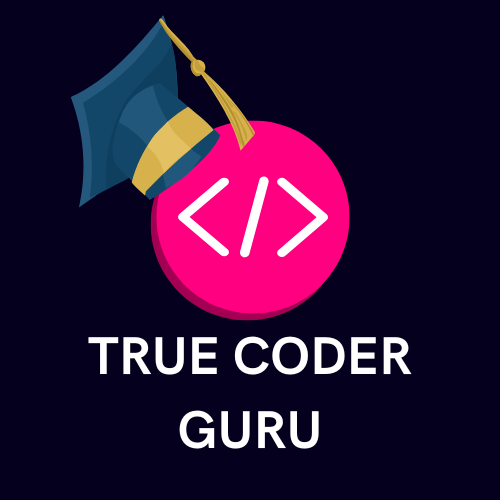- Published on
Can Zod Parse JSON Files? Master JSON Validation with Zod
- Authors
- Name
- Ripal & Zalak
Can Zod Parse JSON Files? How to Use Zod for JSON Parsing and Validation
Zod is a popular TypeScript-first schema declaration and validation library. While Zod is powerful, you might wonder if it can directly parse JSON strings without requiring additional third-party libraries. The short answer: yes, with a bit of clever transformation.
Here, we explore how to handle JSON parsing with Zod, ensuring robust error handling and validation, all within the Zod framework.
The Problem
You have a function that:
- Receives a JSON string.
- Parses it into an object.
- Validates the object against a predefined Zod schema.
Solution: Parsing JSON with Zod
The trick is to use Zod's .transform() method to parse the JSON string and handle errors before passing the resulting object to your schema.
Example Code
import { z } from 'zod'
const configurationSchema = z.object({
name: z.string(),
version: z.string(),
description: z.string(),
})
type Configuration = z.infer<typeof configurationSchema>
const createConfigurationFromJson = (content: string): Configuration => {
return (
z
.string()
.transform((_, ctx) => {
try {
// Attempt to parse the JSON string
return JSON.parse(content)
} catch (error) {
// Add a custom Zod issue if JSON parsing fails
ctx.addIssue({
code: z.ZodIssueCode.custom,
message: 'Invalid JSON format',
})
// Return `z.never` to indicate failure
return z.never
}
})
// Pipe the parsed object to the schema for validation
.pipe(configurationSchema)
.parse(content)
)
}
// Test Cases
try {
const config = createConfigurationFromJson(`{
"name": "my-app",
"version": "1.0.0",
"description": "My awesome app"
}`)
console.log('Parsed and validated configuration:', config)
} catch (e) {
console.error('Error:', e.errors)
}
try {
const config = createConfigurationFromJson(`{
"name": "my-app",
"version": "1.0.0",
"banana": "🍌"
}`)
console.log('Parsed and validated configuration:', config)
} catch (e) {
console.error('Error:', e.errors)
}
How It Works
transform():- Parses the JSON string using
JSON.parse. - If parsing fails, it uses
ctx.addIssue()to record a custom Zod error. - Returns
z.neverto indicate the parsing failure.
- Parses the JSON string using
.pipe():- Passes the parsed object to the
configurationSchemafor validation.
- Passes the parsed object to the
Error Handling:
- Any JSON parsing or schema validation errors are caught as Zod errors, providing a unified error-handling experience.
FAQs
Why not use JSON.parse twice?
Using JSON.parse twice can be redundant and expensive for large JSON strings. This approach minimizes unnecessary parsing while maintaining clean error handling.
Can this approach validate nested objects?
Yes! Zod excels at handling nested schemas, so you can extend the configurationSchema to validate deeply nested structures.
